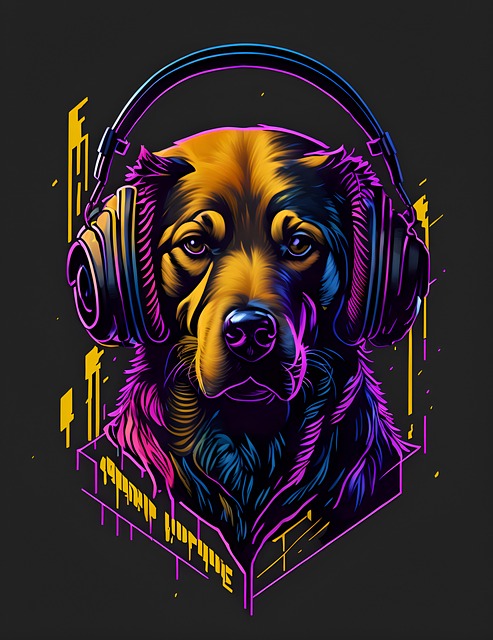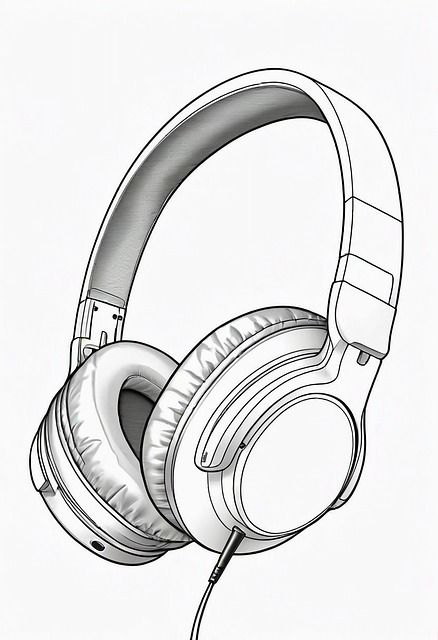ai musicians are reshaping the music industry with their innovative capabilities. Advanced algorithms democratize creativity, enabling individuals without formal training to produce high-quality compositions. By handling tasks like melody generation and harmonies composition, AI tools enhance productivity and open new artistic avenues for musicians. As AI technology advances, it promises exciting collaborations and groundbreaking creations, fundamentally transforming music production in the digital age.
In today’s digital age, artificial intelligence (AI) is revolutionizing the music industry, offering unprecedented opportunities for both musicians and producers. This blog delves into the exciting world of AI music tools, providing a comprehensive guide for artists looking to integrate this technology into their creative process. From exploring AI’s rising potential in musical composition to understanding various AI generators and their applications, we’ll navigate the future of music creation with AI and human collaboration.
- The Rise of AI in Music Creation
- – Exploring the capabilities of artificial intelligence in musical composition and production.
- – How AI is transforming the creative process for musicians.
The Rise of AI in Music Creation

In recent years, the music industry has witnessed a remarkable transformation with the advent of Artificial Intelligence (AI) tools designed to assist in music creation. AI musicians are no longer a concept confined to science fiction; they’re now an integral part of the creative process for many artists and producers. These advanced algorithms can generate melodies, compose harmonies, and even create entire songs, offering a new frontier of possibilities for musical expression.
The integration of AI into music production has democratized creativity, enabling individuals without formal musical training to produce high-quality compositions. This shift is particularly significant in an era where technology plays an increasingly central role in our lives. As AI continues to evolve, it promises to redefine the way we understand and create music, fostering a new generation of artistic collaborations between human musicians and their artificial counterparts.
– Exploring the capabilities of artificial intelligence in musical composition and production.

Artificial Intelligence (AI) is transforming the world of music, offering unprecedented opportunities for both musicians and producers. AI music tools are now capable of generating original compositions, from ambient tracks to complex orchestral pieces, using advanced algorithms that learn from vast datasets of existing music. These tools can assist in various tasks, such as automating repetitive production processes, suggesting harmonies or melodies, and even creating personalized soundtracks based on user input.
For ai musicians, these technologies open up new creative avenues, allowing them to experiment with different styles and genres without the traditional limitations of human composition. AI-powered music production software can analyze a musician’s preferences and offer tailored recommendations, enhancing productivity and fostering innovative collaborations. As AI continues to evolve, its role in shaping the future of music is set to become increasingly significant, offering exciting prospects for both artists and industry professionals alike.
– How AI is transforming the creative process for musicians.

Artificial Intelligence (AI) is revolutionizing the creative landscape for musicians, offering unprecedented opportunities to explore new sonic territories. With AI music tools, composers and artists can now generate unique melodies, harmonies, and rhythms with minimal effort, tapping into a vast array of possibilities that were once time-consuming or even unimaginable. These tools learn from existing musical data, allowing them to create diverse, often surprising, compositions that can inspire and enhance human creativity.
For ai musicians, the benefits are manifold. AI algorithms can analyze vast music libraries, identify patterns, and provide insights that inform and guide the creative process. This not only accelerates composition but also fosters innovation by suggesting unconventional combinations and harmonies. Moreover, AI tools enable musicians to focus on higher-level aspects of their craft, such as arrangement, production, and mixing, while letting the technology handle the grunt work of generating basic musical structures.
In conclusion, AI music tools are no longer a futuristic concept but a dynamic reality that’s revolutionizing the way ai musicians create and produce. By harnessing the power of artificial intelligence, composers and producers can streamline their creative process, explore new sonic landscapes, and push musical boundaries in ways never before imagined. As AI continues to evolve, its influence on the music industry will only grow, offering endless possibilities for innovation and artistic expression.
